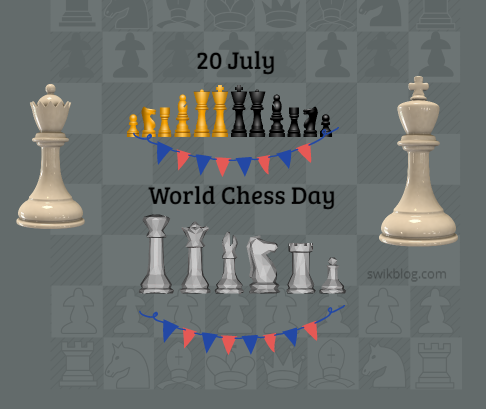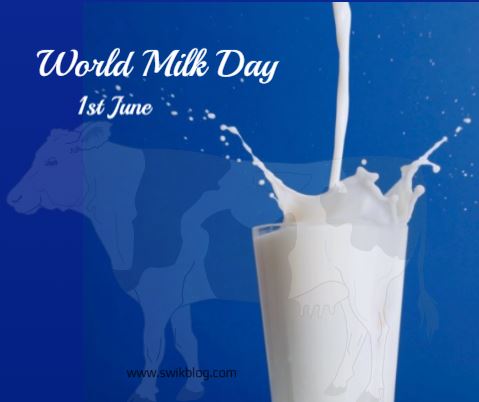Every 20th July, International Chess Day is celebrated by the International Chess Federation which was founded in 1924 in Paris. This day is celebrated to mark the foundation day of the International Chess Federation. World Chess Day is recognized by the United Nations and on the 12th of December, the General Assembly adopted the resolution since now this day is celebrated worldwide.
Many regular Chess players around the world are already celebrating the day. According to the polls, “at some point during their lives, a relatively healthy 70% of the adult population has played chess.” For nations as varied as the US, UK, Germany, Russia, and India, this figure remains about the same amount. This year world Chess Day 2020 will mark the 96th anniversary of the International Chess Federation.
The UN World Chess Day will recognize FIDE’s important role in promoting international cooperation for chess events and aiming at enhancing friendly relations between all peoples of the world, as well as offering a global forum to encourage dialogue, unity, and a culture of peace.
Chess provides big opportunities to the 2030 Agenda for Sustainable Development and the Sustainable Development Goals which include improving education, ensuring equality of genders and empowerment of women and girls and encouraging inclusiveness, inclusion, shared empathy and appreciation.
About Chess
Chess is a strategy board game for two players whose aim is to move various types of playing piece around a chequeled plate to catch the adversaries’ “king” piece, each with a specified set of possible steps. It is a game played in a 64sq. checkerboard between strategically two players, and the one who takes the other’s king will be the winner. Chess is played by the most adults and children.
History of Chess
In the fifth century, the chess was invented in India which was initially named as Chaturanga and undoubtedly it was one of the oldest games in the era. One theory is that during the Gupta period (~ 319–543 CE), an early game similar to Chaturanga emerged in the north Indian subcontinent and spread on the Silk Roads west of Persia.
Chess became an important part of the lives of the Muslim people when Arabs invaded Persia and fanned it from there to southern Europe. Chess developed in Europe in the fifteenth century in its present form. And it took the shape of a modern sport at the end of the 15th century and is now popular in sport. There are several Chess tournaments with exciting new variations around the world.
The World Chess Federation (FIDE) was established during the Eighth Summer Olympic Games in Paris in 1924, July 20, and the main objective is to establish and disseminate chess around the world.
Facts about Chess
#1 There are number of unique possible chess game which is significantly higher than the number of electrons in the universe. The electrons are measured at about 10 ^ 79, while the single chess games are 10 ^ 120.
#2 The theoretical possible longest game of chess is 5,949 moves.
#3 There are eight different routes to Mate from the starting point, in two shifts and 355 to Mate in three shifts.
#4 In 1090, Europe was home to the first chess board with contrasting light and dark areas.
#5 In Chess, the name “checkmate” is derived from a Persian sentence called “Shah Mat,” meaning “the king is gone.”
Swikriti Dandotia













